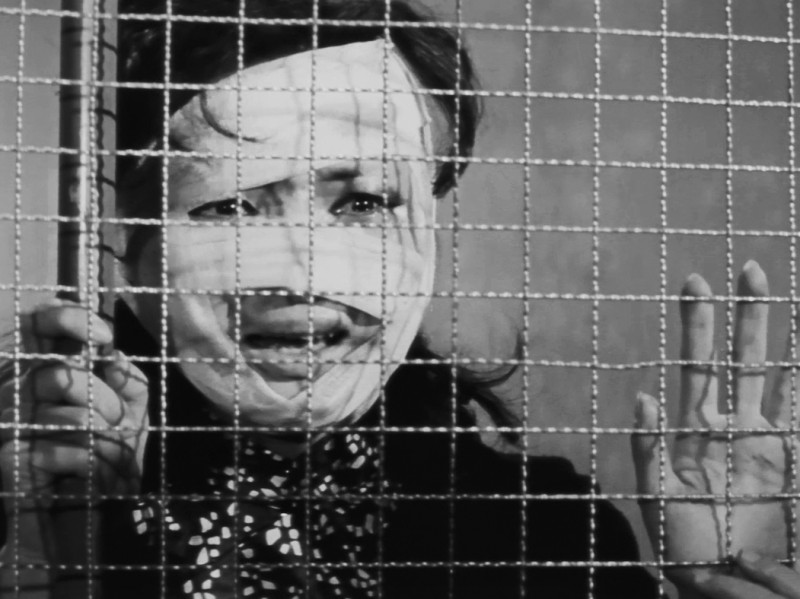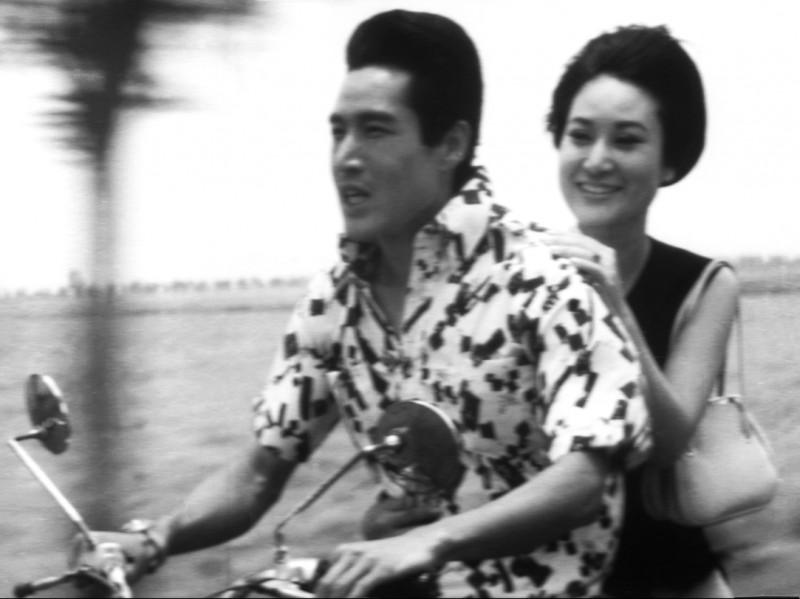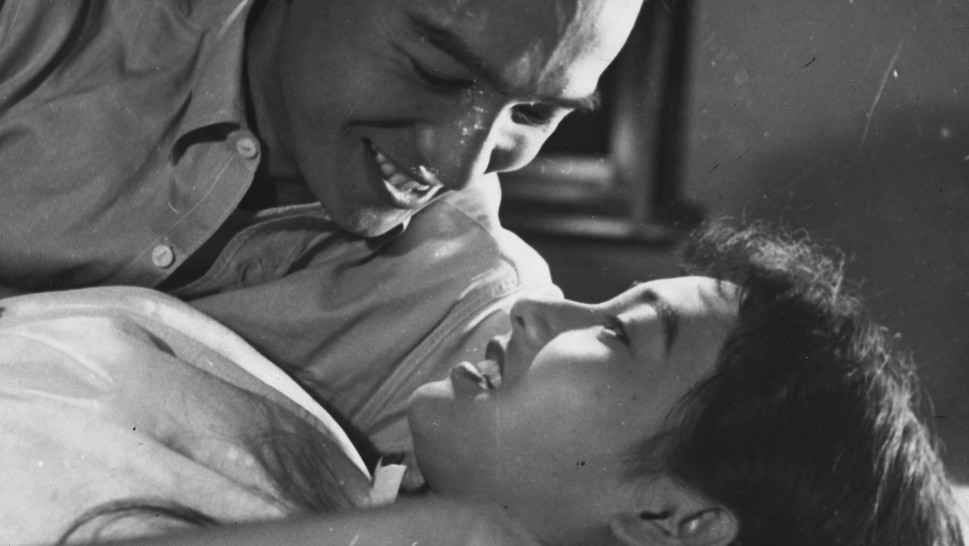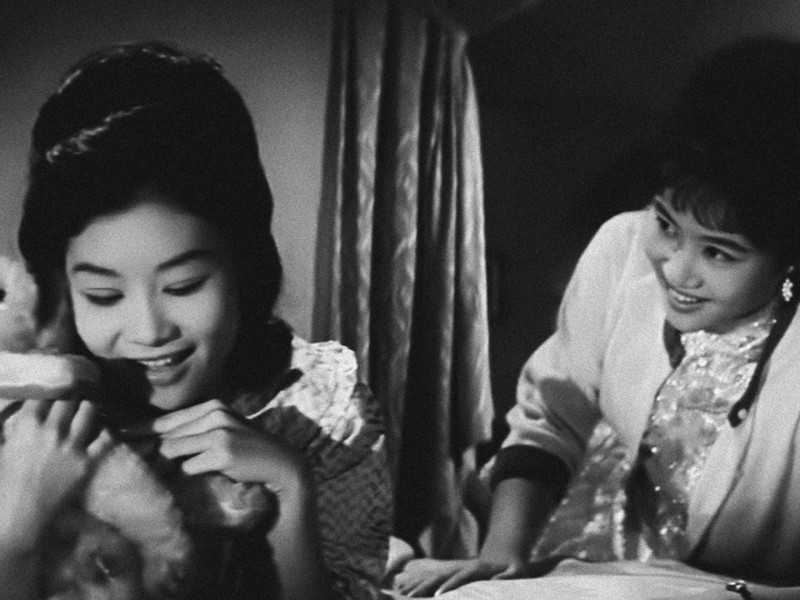



Cities of Love and Sadness:
Rediscovering Taiwanese-dialect Cinema of the 1960s
For many international viewers, Taiwan New Cinema’s rise to global acclaim is marked by Hou Hsiao-hsien’s 1989 masterwork A City of Sadness, the first Taiwanese film to be awarded the highest honor at the Venice Film Festival. Few are aware, however, that a quarter-century earlier, another film bearing the same title as Hou’s classic, and featuring the same theme song, had been made in Hokkien, a dialect spoken by the majority of the Taiwanese population. Now long lost, Chen Fu-ti’s City of Sadness (1964) is but one of the many Taiwanese-dialect films that constitute Taiwan’s forgotten film history.
Before the debut of Taiwan New Cinema and the rise of Qiong Yao romance films in the 1970s, Taiwanese-language (taiyupian) cinema had been a thriving industry for over two decades. During its prime years between 1955 and 1970, around 1,200 feature films were produced, yet of these only 200 still remain. By this time, Taiwanese film culture’s institutional overhaul saw Hokkien directly targeted by the Nationalist government’s numerous Mandarin-favored film policies. Pushed to the fringes of existence, these dialect films had to contend for survival with shoestring budgets, and little to no institutional support. This cinema has since been stigmatized for its “inferior quality” and “lowbrow taste,” but as a rich and long-suppressed repertoire, it nonetheless offers vibrant portraits of everyday life in the midst of a globalizing nation. These themes play out as countryside lore and urban melodrama, tonally registered in sentimental pathos and youthful ebullience.
At its apex during the mid-1960s, Taiwanese-dialect cinema reached a level of stylistic maturation. While continuing to call on references from global film cultures (most notably from Japanese, French, Hollywood and Hong Kong cinemas), these films quickly steadied into an original cinematic vision. With provocative stylistic mutations and uniquely Taiwanese stories of contemporary life, this body of work was additionally bound by a desire to portray the nation’s agonizing initiation into global capitalism. True to this theme, the worlds of these films are inhabited by a host of familiar character-types: the lascivious businessman, the opportunistic gigolo, perplexed youths, aging parents, and, most notably, exploited women.
Building on the momentum of Taiwanese-language cinema’s recent revival, this program focuses on one particular genre—the urban melodrama—to consider the relationship between women and the city. Each film presents a unique female perspective from one or a set of characters: a young country girl, a teenager, orphaned sisters and a single mother. By pairing the films into two subgroups, this program further explores topics of female solidarity and the construction of the modern family (The Husband’s Secret and May 13th, Night of Sorrow) as well as social mobility and initiation (Early Train from Taipei and Dangerous Youth). Together, they form a cinematic constellation of postwar Taiwan, delineating the contours of an emerging modern society and its attendant structures of feeling. – Tim Shao-hung Teng and Shaowen Zhang
Cities of Love and Sadness includes supplementary lectures and a conversation by Dr. Chun-chi Wang, Director, Taiwan Film Institute and Dr. Evelyn Shih, Assistant Professor of Chinese, Department of Asian Languages and Civilizations, University of Colorado at Boulder. Please visit watchhfa.eventive.org to view the films, lectures and discussion.




